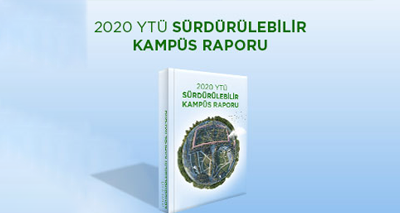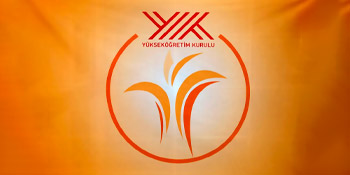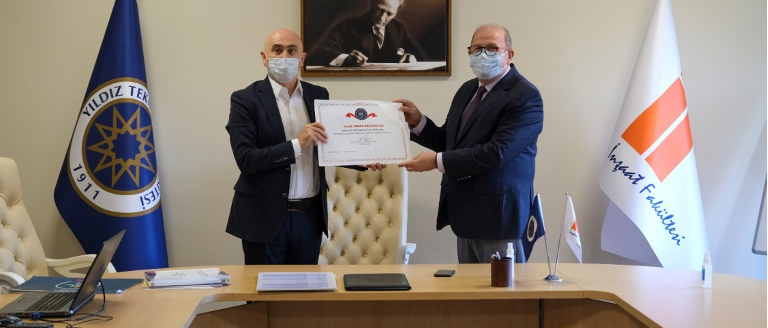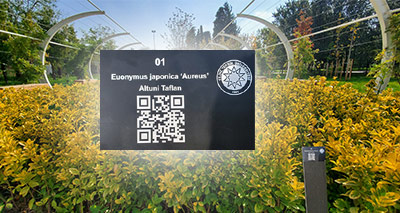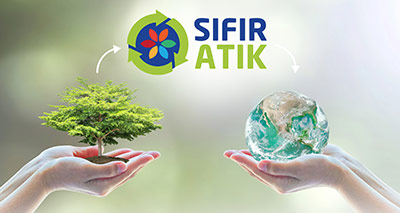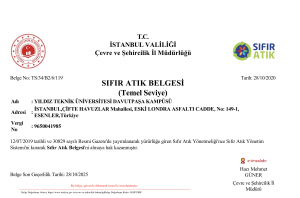In the face of changing world conditions, sustainability, innovation, and leadership in higher education institutions play a significant role. This report is a snapshot of our University’s efforts in the field of sustainability for the year 2020. The said Report demonstrates our commitment to improving the lives of our current students and staff, as well as enhancing the expectations of a healthy life for future generations. We are also acutely aware that we need to work even harder to make further progress in this area in the coming periods.
Yıldız Technical University has begun taking steps to be a part of future responsibilities, with the belief that climate change and environmental sustainability will pose a serious threat in the future. From the moment we assumed our duties, we accelerated our efforts in this field, believing that sustainability, research-innovation, and commercialization activities play a key role for our University. Our goal is to facilitate transportation with low-carbon vehicles on our campuses, to reduce carbon emissions by promoting vehicle-free/micro-mobility, to recycle waste, to make plans for developing world-class education and research facilities, to create social awareness, and to contribute to sustainability for our campus, our country, and the entire world. Fulfilling these responsibilities for future generations should be our common goal and commitment. Every member of society has a role to play in this effort. Therefore, we must continue to generate new ideas and encourage exciting innovations through interdisciplinary collaboration while developing solutions to global challenges.
Our university continues its work in producing innovative solutions in systems like solar and hydrogen energy, which are renewable energy sources, as part of its innovation and commercialization efforts, and is demonstrating leading activities in this field globally. In addition, by contributing to research on human impacts on climate change and developing policies, we are aiding in the development of social projects and making progress towards a more sustainable future. In this sense, our university’s educational and research infrastructure in engineering, architecture, urban and regional planning, climate science, economics, business administration, public health, policy development, design, and business fields has a unique capacity to accelerate the transition from non-renewable to renewable energy sources. Moreover, it is determined to model an institutional path towards a more sustainable campus.
The Yıldız Technical University Sustainability Plan is a critical and necessary step towards building a more sustainable future. I would like to express my deep appreciation to the Chair of the Sustainable Campus Commission, Prof. Dr. Çiğdem Polatoğlu, and the commission member professors for leading the development of this Plan. I also thank the administrative staff, faculty members, and students who contributed to the creation of the Plan. You can follow our university’s sustainability projects at kampus.yildiz.edu.tr. While I am pleased with the progress we have made in a short time, I am also aware that we still face many challenges on our journey to becoming a sustainable university. I hope this inspiring report encourages us all to rethink how we can contribute to the construction of a safe, sustainable future or society.
Prof. Dr. Tamer YILMAZ
The Rector

